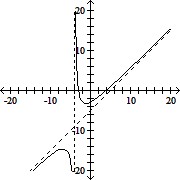Solve the system by the elimination method.-6x + 6y = 54 4x + 3y = 27
A. {(0, 9)}
B. {(0, 10)}
C. {(-1, 10)}
D. ?
Answer: A
You might also like to view...
Find the indicated probability. A bag contains 2 red marbles, 3 blue marbles, and 5 green marbles. If a marble is randomly selected from the bag, what is the probability that it is yellow?
A. 1
B. 
C. 0
D. 
Divide and simplify. ÷
÷ 
A. 
B. z + 2
C. 
D. 
For the polynomial, list each real zero and its multiplicity. Determine whether the graph crosses or touches the x-axis at each x -intercept.f(x) = 2(x2 + 2)(x2 + 1)2
A. -2, multiplicity 1, touches x-axis; -1, multiplicity 2, crosses x-axis
B.  , multiplicity 1, crosses x-axis; -
, multiplicity 1, crosses x-axis; - , multiplicity 1, crosses x-axis;
, multiplicity 1, crosses x-axis;
1, multiplicity 2, touches x-axis; -1, multiplicity 2, touches x-axis
C. No real zeros
D. -2, multiplicity 1, crosses x-axis; -1, multiplicity 2, touches x-axis
Graph the function, showing all asymptotes (those that do not correspond to an axis) as dashed lines. List the x- and y-intercepts.f(x) = 
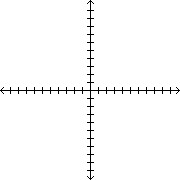
A. x-intercepts: (-3, 0) and (4, 0) ,
y-intercept: (0, 12) ;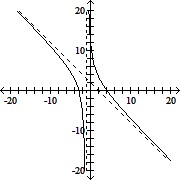
B. x-intercepts: (-3, 0) and (4, 0) ,
y-intercept: 
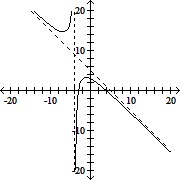
C. x-intercepts: (-3, 0) and (4, 0) ,
y-intercept: (0, -12) ;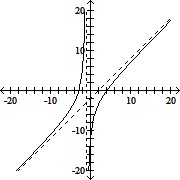
D. x-intercepts: (-3, 0) and (4, 0) ,
y-intercept: 
